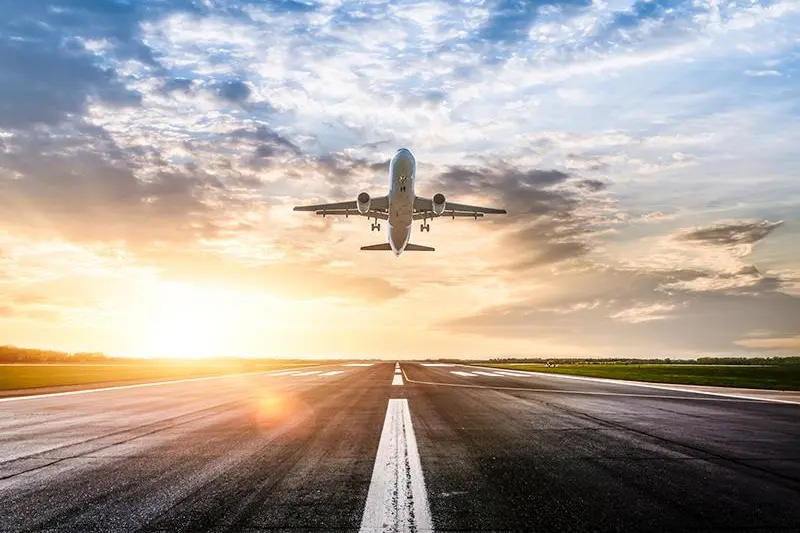PHOTO
The pandemic-ravaged air transport industry has continued to suffer despite the widespread rollout of COVID-19 vaccinations.
Airlines in the Middle East carried fewer travellers in April, with total demand falling even further by 82.9 percent compared to the 81.6 percent decline the previous month, data from the International Air Transport Association (IATA) showed.
Overall, international passenger traffic was 87.3 percent below April 2019 levels.
“Recovery in international passenger travel continued to be stalled in the face of government-imposed travel restrictions,” IATA said.
COVID-19 vaccinations were expected to have a positive impact on the air travel industry. As of June 8, more than 2.2 billion people have been fully vaccinated against coronavirus, according to Our World in Data. In the UAE, a total of 13.5 million doses have been administered, according to the National Emergency Crisis and Disaster Management.
The air transport body, which represents about 290 airlines globally, has been pushing for the easing of border restrictions to restart travel. However, the resurgence of COVID-19 cases has prompted several countries to tighten controls on traveller entry. The UAE announced on Wednesday that it will be suspending the entry of flyers from three African countries following a sustained increase in COVID-19 infections.
IATA statistics
The latest data from IATA, however, showed that there has been an improvement in the domestic travel markets. Overall, domestic travel demand was down 25.7 percent versus pre-crisis levels, much improved over March 2021, when traffic was down 31.6 percent.
“The continuing strong recovery in domestic markets tells us that when people are given the freedom to fly, they take advantage of it. Unfortunately, that freedom still does not exist in most international markets. When it does, I’m confident we will see a similar resurgence in demand,” said Willie Walsh, IATA’s director general.
Among the domestic markets doing well, China recorded a 6.8 percent increase in travel demand in April compared to April 2019. In the US, domestic traffic declined 34.9 percent in April versus the same month in 2019, much improved from the 43.9 percent decline in March compared to two years ago. “As we enter the peak summer travel season in the northern hemisphere, we know that many people want to enjoy their freedom to travel. But for that to happen safely and efficiently amid the COVID-19 crisis, a more targeted appoach is needed,” said Walsh.
“Most government policies today default to the closing of borders. After a year-and-a-half of COVID-19 there is sufficient data for governments to manage the risks of COVID-19 without blanket travel bans.
(Reporting by Cleofe Maceda; editing by Seban Scaria)
Disclaimer: This article is provided for informational purposes only. The content does not provide tax, legal or investment advice or opinion regarding the suitability, value or profitability of any particular security, portfolio or investment strategy. Read our full disclaimer policy here.
© ZAWYA 2021





















